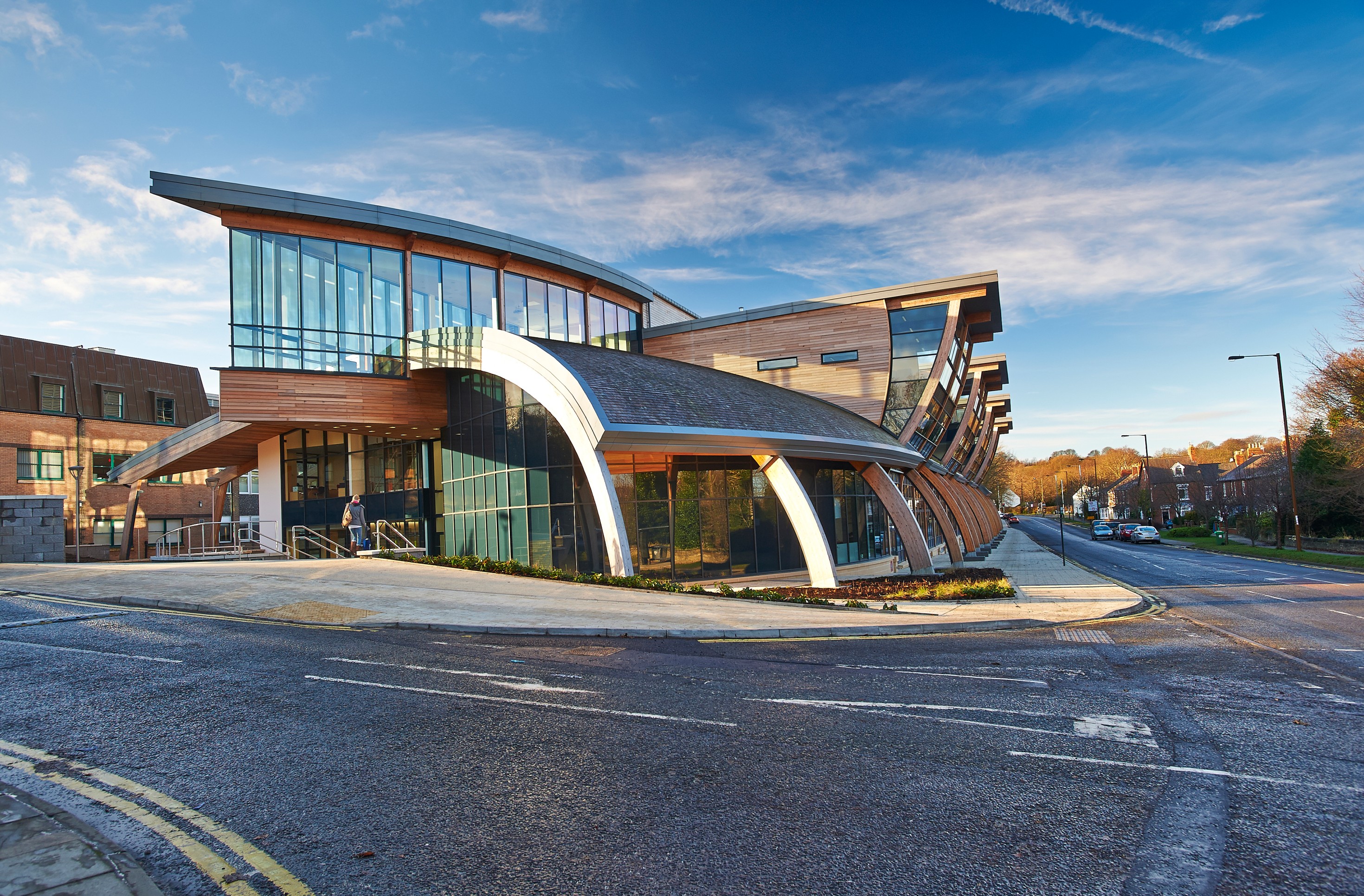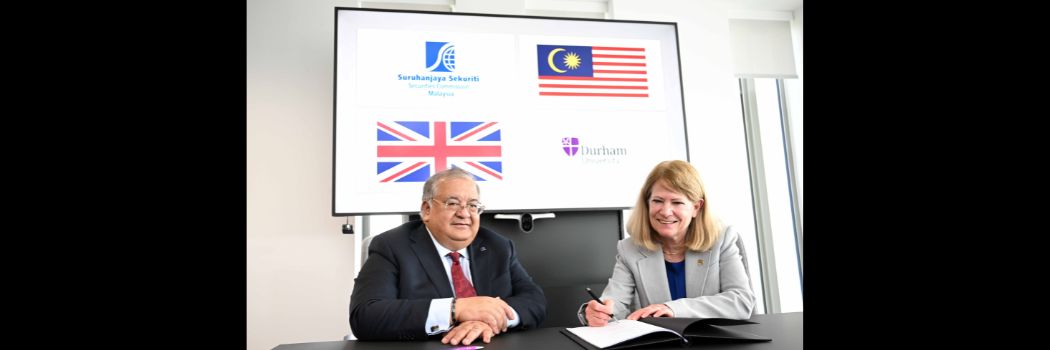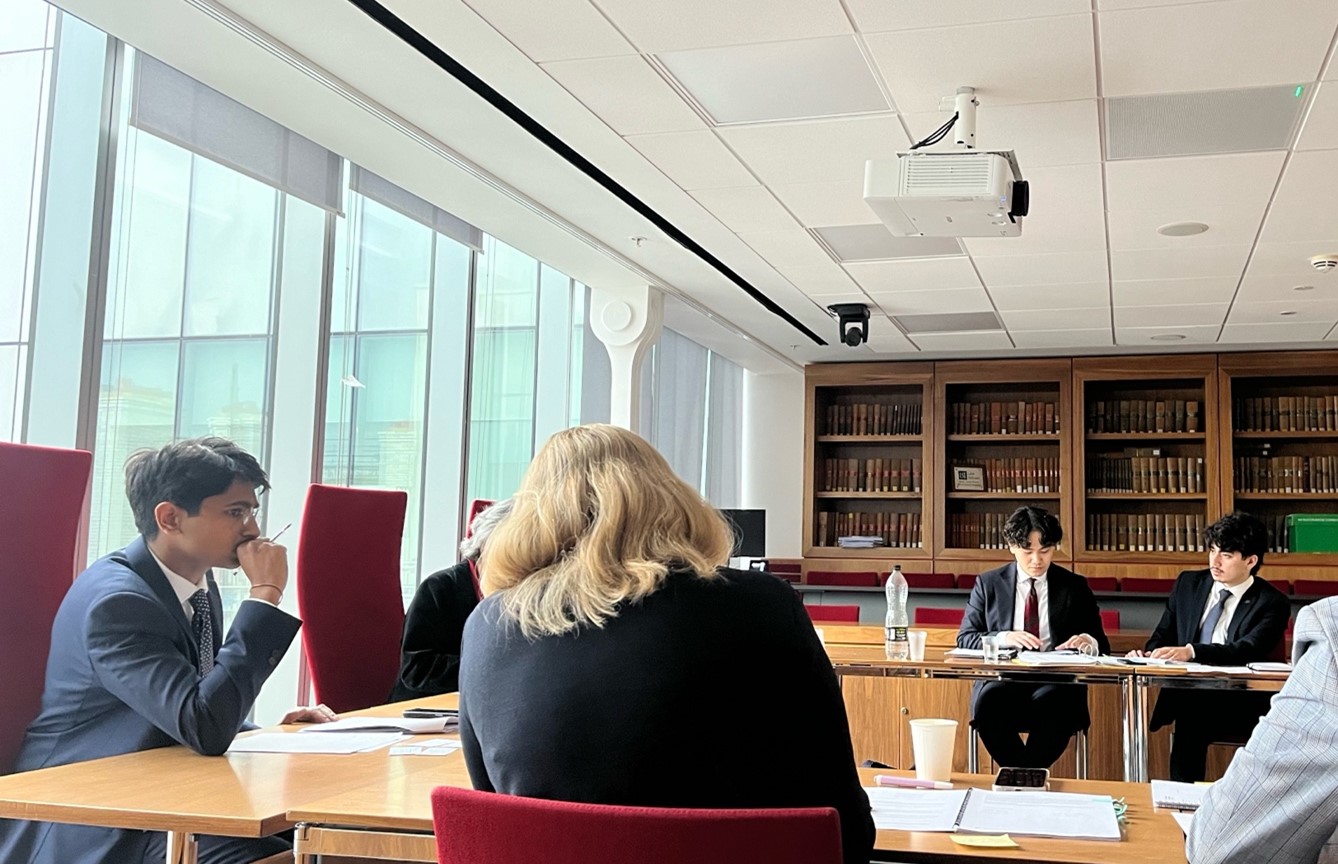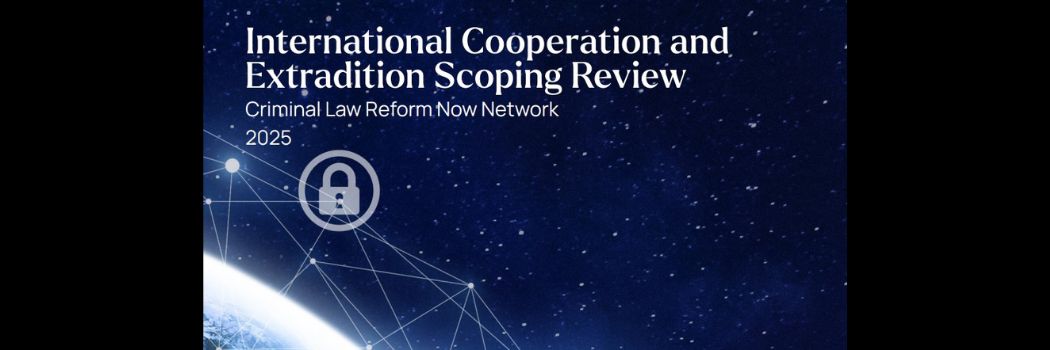Latest News
Durham Law Student Bridges Gap for Hundreds of Aspiring Lawyers in South Asia
Durham Law School undergraduate Sardar Muhammad Musa Khan has spearheaded an innovative voluntary initiative, creating a vital link for sixth-form students across South Asia aspiring to study law in the United Kingdom. The initiative demystifies the UK application process for over 450 students in Pakistan, Bangladesh and Sri Lanka.
Durham Law Review Launches Volume X Featuring Outstanding Student Legal Research
Durham Law Review is proud to announce the publication of Volume X, showcasing some of the most outstanding legal research produced by law students. The students pictured are, from left to right: Leong Cai Yue (Treasurer), Audrey Ku (President), and Gloria Tang (Secretary).
Durham University Appoints David Standish as Honorary Professor at Durham Law School
Durham Law School is pleased to announce the appointment, by Durham University, of David Standish as an Honorary Professor in the Law School, with effect from 1st August 2025.
July 2025 DLSAA Newsletter
The Durham Law School Alumni Association was launched on 17 September 2024 with 40 alumni Founder Members but, since then, has grown to over 600 members from all over the world. Stay connected with the community by reading our latest newsletter.
Durham Law Students Win Global Rule of Law Innovation Challenge
A team of Durham University law students has been awarded first place in the 11th Annual Rule of Law Innovation Challenge (ROLIC), an international competition organised by Lawyers Without Borders. Selected from approximately 30 global teams, they advanced as one of five finalists and were invited to present their project live at King’s College London, where they were ultimately crowned winners.
Durham Law School panel on Magna Carta and the North
Durham Cathedral is hosting a new Magna Carta and the North exhibit from July to early November launched by Baroness Hale of Richmond, former President of the UK Supreme Court.
Malaysian partnership to develop financiers and regulators
We are working with the Securities Commission Malaysia to develop the financiers and regulators of the future.
Durham Professor's book on Hegel's philosophy translated in new Portuguese edition
Thom Brooks's Hegel's Political Philosophy: A Systematic Reading of the Philosophy of Right 2nd edition has appeared in a new Portuguese edition. Originally published by Edinburgh University Press in 2007 and a second edition in 2013, the new book is translated by Bruno Cunha for Brazilian publisher Editora Vozes in 2025.
Durham Law School professor recommends SQE reforms
Legal Cheek recently invited Professor Thom Brooks to speak at LegalEdCon 2025, where he discussed his views on the Solicitors Qualifying Exam.
Durham Law Students demonstrate their mooting skills at the Willem C. Vis Moot and Vis East Moot Competitions
For the first time in its history, the Durham Vis Moot Team achieved two honourable mention awards in the Willem C. Vis and Vis East International Commercial Arbitration Moots, with Oralists being LLM students Cariana Jones, Haya Farid, and Jack Pham, and LLB students Harry Pearcy and Taiga Matsushima.
Call for urgent reform in international battle against crime
The UK’s extradition, mutual legal assistance, and criminal jurisdiction systems need urgent reform, according to a new report.
Spotlight on: Professor Clare McGlynn – transforming the law to protect women online
In an increasingly digital age, criminal law has struggled to keep pace with online abuse, particularly for women and girls. Professor Clare McGlynn, from our Law School, is changing this.


.jpg)










